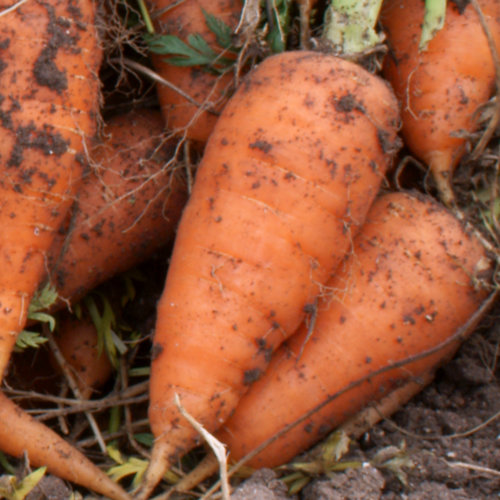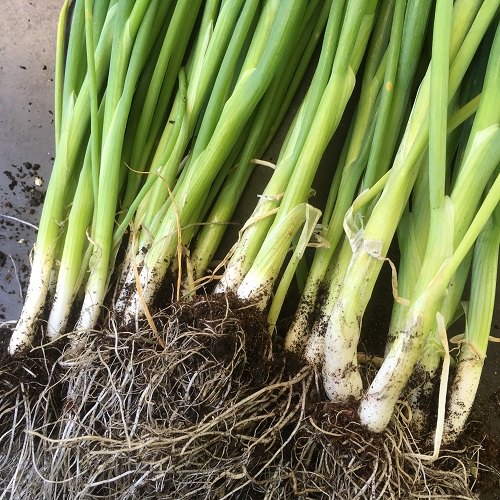What is Vermiculite and what is it used for?
Vermiculite is often confused with Perlite as they are in many ways quite similar. However, Vermiculite differs in several ways, not least because it interacts with specific chemical components. Potassium, Ammonium, Calcium and Magnesium can become fixated to Vermiculite, preventing the leaching of these essential nutrients from the soil. It can also raise the pH level slightly, which is useful for plants that might require a soil to be a little more alkaline. Vermiculite will retain much more water than Perlite, making it the optimum choice for plants that require constant soil moisture.
What is Vermiculite used for?
Vermiculite is manufactured in a similar way to Perlite, in that it is extracted from natural rock, crushed and heated to extreme temperatures (1500°F - 815°C). Moisture is given off and the result is silica based Vermiculite flakes, which are very absorbent. This makes Vermiculite extremely good at retaining moisture when added to seed or potting composts. It can be used for propagation including seed, seedlings, cuttings, potting mixes and is ideal for hanging baskets, which tend to dry out very quickly. However, due to its water retention properties, Vermiculite does not aerate soils as effectively as Perlite.
What are the benefits of using Vermiculite?
When growing plants from seed, the compost is best wetted one time only, so with the addition of Vermiculite to the compost, this is much more achievable. When seedlings begin to grow they will need to feed on the nutrients in the soil. Vermiculite tends to hold these nutrients, making them readily available to the young growing plants, whereas watering would wash (leach) them out. Adding vermiculite to soil will also improve its performance and help to keep the soil “open”. It is especially useful when used with light sandy soils that tend to dry out very quickly.
How Vermiculite works
Vermiculite can be used on its own or mixed with soil to form seed or potting composts. Due its water absorption and retention properties it is ideal for mixing with regular potting or seed composts because less watering will be required during the early and critical stages of seed germination and plant growth. Vermiculite will also help to keep the soil from becoming compacted and from restricting the flow of air, which is vital for new roots to spread and grow. However, the ability for Vermiculite to hold on to vital nutrients, making them readily available to young plants, is what sets it apart from Perlite.
Summary
Why you should consider adding Vermiculite to your soil, seed and potting composts.
- Prevents soil compaction
- Improves moisture retention of soil and composts
- Stimulates root initiation and promotes vigorous growth
- Insulates and minimises temperature fluctuations
- Organic, inert, sterile and safe to use
- Free from disease, viruses and other harmful organisms
- No known toxic effects on plants
- Improves both heavy and light soils
- Can be mixed with Perlite
- Can be added to soil when planting trees & shrubs
- Neutral pH value and can raise the pH value of existing soils
- Will not decompose or decay


